Search
Search Results
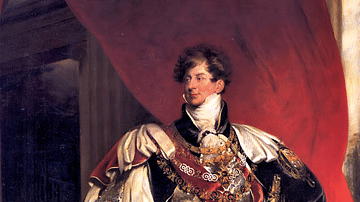
Definition
George IV of Great Britain
George IV of Great Britain (r. 1820-1830) was the fourth of the Hanoverian monarchs. He first reigned as Prince Regent from 1811 for his mad father George III of Great Britain (r. 1760-1820). George IV was an unpopular monarch for his many...
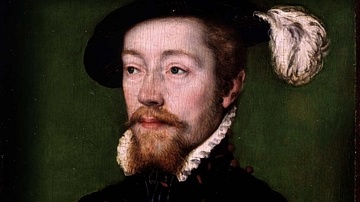
Definition
James V of Scotland
James V of Scotland ruled as king from 1513 to 1542. He succeeded his father James IV of Scotland (r. 1488-1513), one of the country's most popular Stuart kings, but as he was still a child, the early part of his reign was tempestuous with...
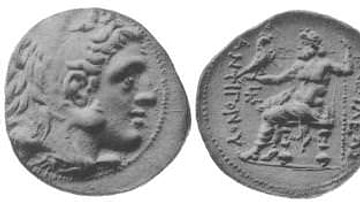
Definition
Antigonus I
Antigonus I Monophthalmus ("the One-Eyed") (382 -301 BCE) was one of the successor kings to Alexander the Great, controlling Macedonia and Greece. When Alexander the Great died in 323 BCE, a conflict known as the Wars of the Diadochi ensued...

Definition
Yazdegerd III
Yazdegerd III (r. 632-651) was the last monarch of the Sassanian Empire (224-651), ruling – or attempting to rule – amidst the chaos of its final decline and fall to the invading Muslim Arabs. He was the son of the prince Shahriyar (d. 628...
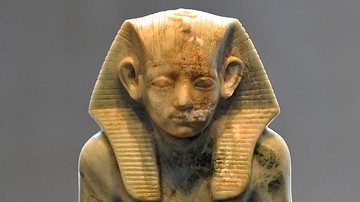
Definition
Middle Kingdom of Egypt
The Middle Kingdom (2040-1782 BCE) is considered ancient Egypt's Classical Age during which it produced some of its greatest works of art and literature. Scholars remain divided on which dynasties constitute the Middle Kingdom as some argue...
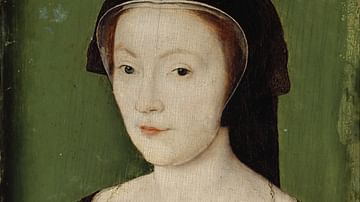
Definition
Mary of Guise
Mary of Guise (aka Marie de Lorraine, 1515-1560) was a French noblewoman who became the second wife of James V of Scotland (r. 1513-1542). With the premature death of her husband, her daughter Mary, Queen of Scots (r. 1542-1567) became queen...
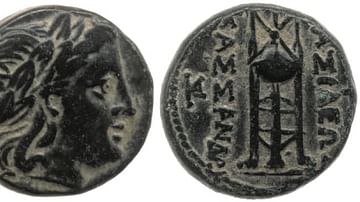
Definition
Cassander
Cassander (c. 355-297 BCE, r. 305-297 BCE) was self-proclaimed king of Macedon during the political turmoil following Alexander's death. Born in Greece as the son of Antipater, the regent of Macedon and Greece in the absence of Alexander...
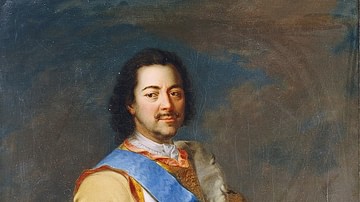
Definition
Peter the Great
Peter I of Russia (Peter the Great) was the Tsar of Russia from 1682-1721 and Emperor of Russia from 1721-1725. During his long reign, Peter had absolute power and brought real change to Russia, including building its first navy, introducing...

Definition
Isabella of France
Isabella of France (c. 1292-1358) was the queen consort of Edward II of England (r. 1307-1327). After heading a coup to overthrow her husband, she ruled as regent for their young son, Edward III of England (r. 1327-1377) until he forced her...
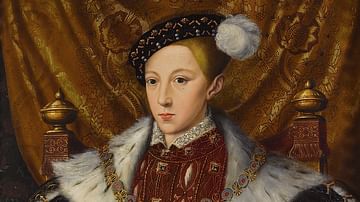
Definition
Edward VI of England
Edward VI of England reigned as king from 1547 to 1553 CE. Succeeding his father Henry VIII of England (r. 1509-1547 CE), Edward was only nine years old at the time and so the kingdom was ruled by a council of nobles, foremost among whom...